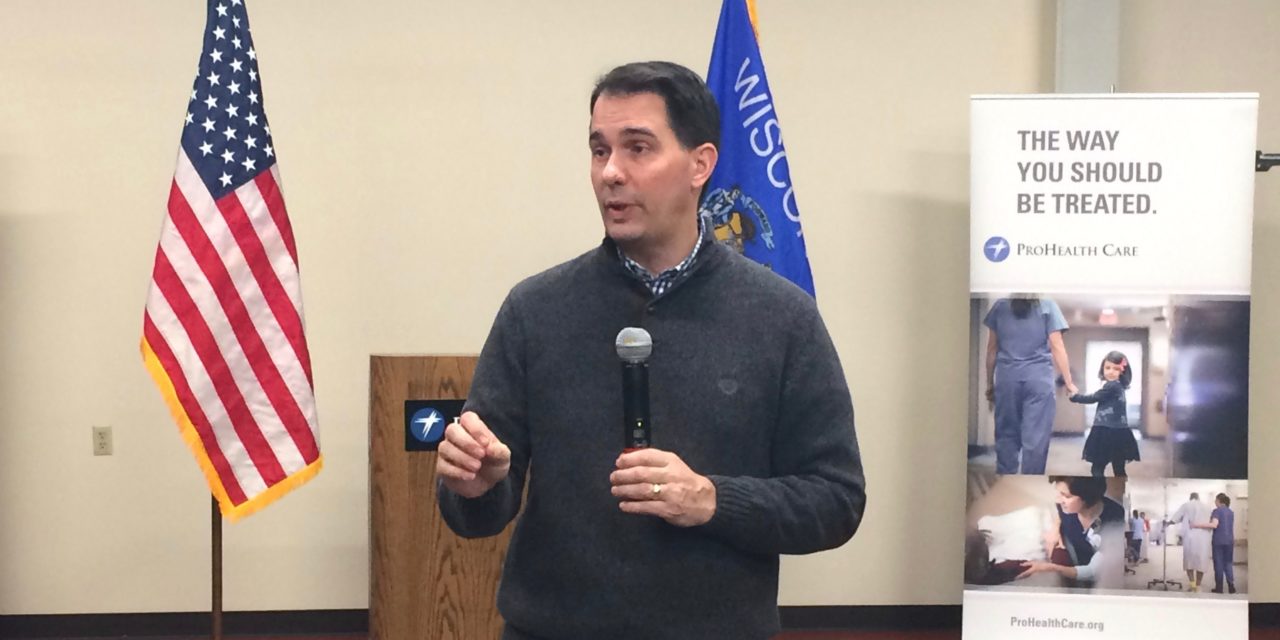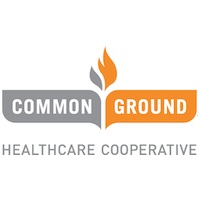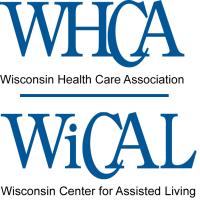
Walker signs bills giving Legislature more healthcare oversight

Gov. Scott Walker signed proposals Friday giving the Republican-led Legislature more healthcare oversight as Gov.-elect Tony Evers prepares to take office.
Walker approved the bills in their entirety, despite the concerns
of healthcare organizations about the proposal’s “unintended consequences.”
Assembly Speaker Robin Vos, R-Rochester, said in a Friday statement that Walker’s signing acknowledged “the importance of the legislature as a co-equal branch of government.”
Walker said that he approved a proposal requiring legislators to sign off on the Department of Health Services requesting, modifying, renewing, suspending or terminating any Medicaid waiver to codify current practices.
“We consistently worked with the Legislature to notify them even though we weren’t obligated by law to do that,” he told reporters in Green Bay at an event live streamed by Fox 11 News. “Why? Because it really looks bad if you ask for a waiver from the federal government, and then the Legislature fights you on it.”
The proposals bar Evers from removing the state from a lawsuit challenging the Affordable Care Act without legislative approval. They also codify waivers into state law establishing a reinsurance program to lower premiums for individual plans and requiring some childless adults to work and pay premiums to receive Medicaid coverage.
Walker previously said
he was considering vetoing parts of the proposals. He said Friday he can’t use a line-item veto on provisions that don’t have an appropriation.
Evers has said he’d consider litigation if the proposals were enacted.
“I’ve said all along that I will put the people of Wisconsin first and work to find common ground. That’s what the people of Wisconsin deserve,” Evers said in a statement after Walker signed the legislation. “We are going to turn our focus to the pressing issues facing our state like fully funding public education, fixing our crumbling roads and bridges, and ensuring healthcare is affordable and protects people who have pre-existing conditions.”
This article first appeared in the Wisconsin Health News daily email newsletter. Sign up for your free trial here.





























.jpg?bwg=1612548324)

